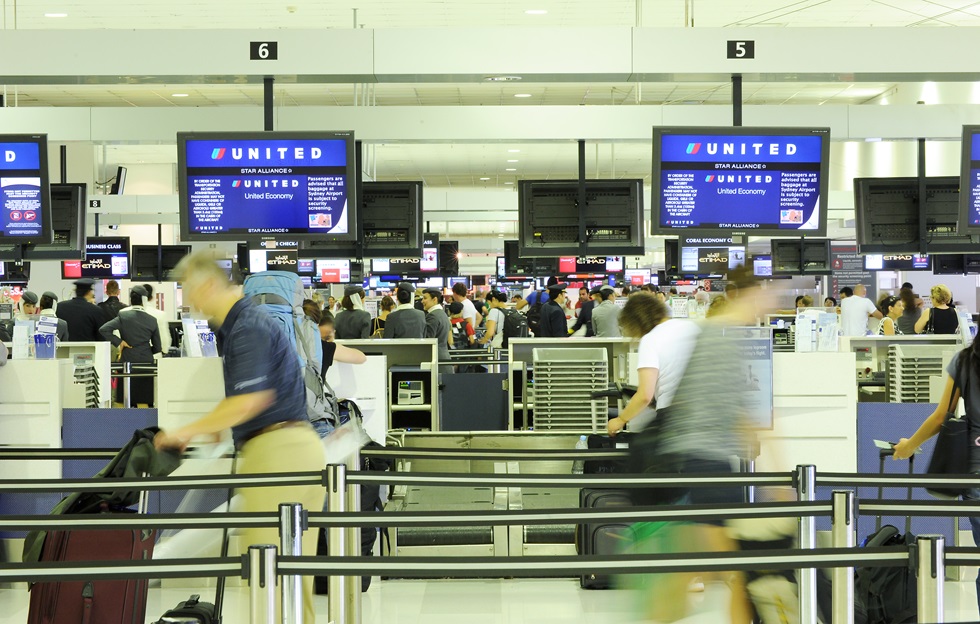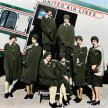International airlines and the tourism industry have accused the Australian government of treating travellers as “cash cows’’ with a move to increase the nation’s passenger departure tax and have warned it could adversely affect both sectors.
The 9 percent increase in the Passenger Movement Charge (PMC) comes as competition on Australian routes is producing historically low airfares in real terms, with return economy tickets to London advertised for as little as $1045.
The increase from $55 to $60 from July 1 next year ensures the Australian departure tax remains one of the highest in the world.
The PMC was last raised in 2012, when it moved from $47 to $55, and has long been seen by the aviation and tourism industries as a blatant revenue raising exercise.
“It is an outrageous situation that the Federal Government continues to view the tourism industry as a cash cow,” said Margy Osmond, the head of tourism lobby group Tourism and Transport Forum.
“Industry has been completely blindsided by this decision to increase the PMC by $5 – a 9 percent hike in the rate.
“At no point was it flagged in any discussions in which we took part and is a bitter disappointment that we’ve been slapped with this tax hike on every traveller – Australian or international visitor – heading overseas.’’
Osmond said the tourism group had been steadfast in opposing any increase in the PMC and had called for it to be frozen at $55 prior to Australia’s recent federal election.
Airline umbrella group the Board of Airline Representatives of Australia criticised the government for raising the tax without providing any cost offsets.
“In real terms, airfares offered by international airlines serving Australia have fallen by some 30 percent over the last 10 years, supporting over 5 percent annual average growth in international passenger numbers,’’ BARA executive director Barry Abrams said.
“This high passenger growth is already delivering ongoing windfall gains in PMC revenues to the Australian Government at the current $55 per departing passenger.
“Passengers are only willing or able to pay so much for international travel and the PMC directly adds to the total airfare.’’
Abrams said the excessive PMC would reduce the potential number of visitors to Australia as well as the opportunities for Australians to travel overseas.
Rather than leaving airlines to shoulder the burden alone, there was much that could be done to improve industry performance in Australia and support airfare affordability, he said.
“International airlines often pay excessive prices for jet fuel, cannot make the best use of the technology in their aircraft and can fly suboptimal flight paths that offer little in the way of effective management of aircraft noise for the community.
“BARA has articulated a series of aviation infrastructure reforms that will lower industry costs, improve airfare affordability, increase airline on time performance for passengers and reduce the industry’s environmental impacts.’’
























